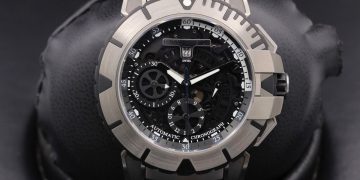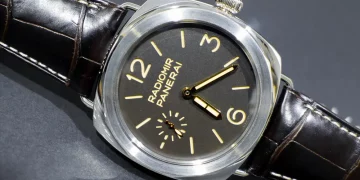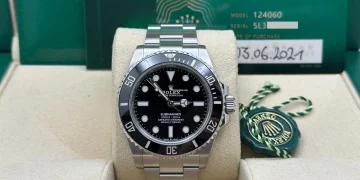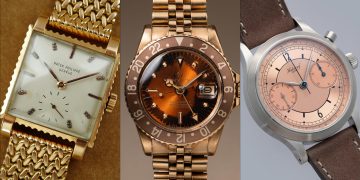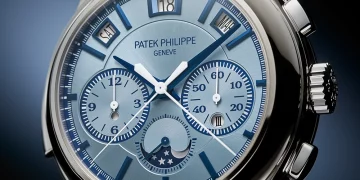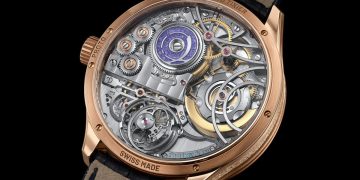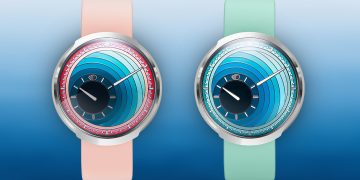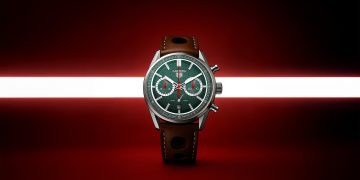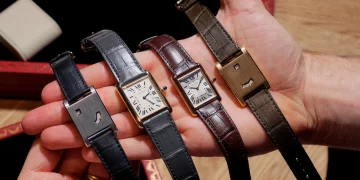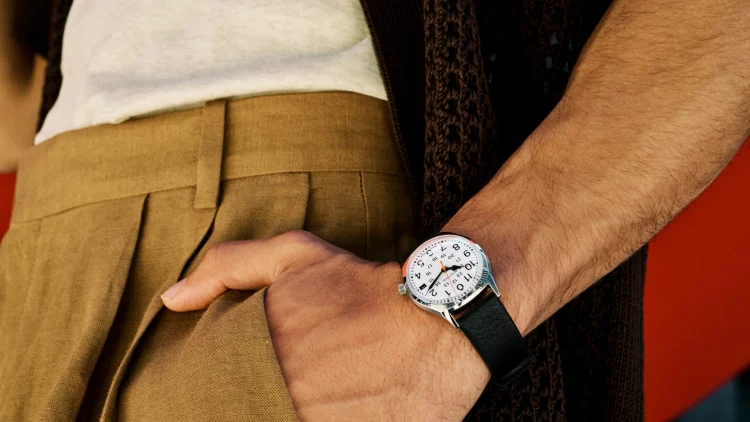When purchasing a luxury watch, most consumers prioritize precision and power reserve. These two factors significantly impact the watch’s functionality, comfort, and long-term reliability. While both aspects are essential, each individual’s preference may lean toward one more than the other, depending on their needs, lifestyle, and the watch’s intended purpose.
In this article, we’ll explore the differences between accuracy and power reserve, explaining how each plays a role in your daily experience and which one might be more important based on your specific needs.
1. The Importance of Watch Accuracy
Accuracy refers to how precisely a watch keeps time. The closer the watch’s timekeeping is to the actual time, the more accurate it is. Accuracy is a critical factor for those who depend on their watches for timing or scheduling, such as professionals, athletes, and aviators. A highly accurate watch can be a game-changer for those who rely on precision in their daily activities.
Factors That Affect Accuracy
The accuracy of a watch is determined by its movement type (quartz, automatic, or mechanical) and the quality of the components used. Let’s look at how each movement affects accuracy:
- Quartz Movements:
- Accuracy: Quartz watches are incredibly accurate, often only deviating by a few seconds per month. The accuracy of quartz movements is attributed to the consistent vibrations of the quartz crystal inside the watch.
- Advantages: Quartz watches are favored for their timekeeping precision and are the best option if accuracy is your top priority. They also require little to no maintenance to maintain their accuracy over time.
- Ideal For: Those who value hassle-free timekeeping and want a watch that stays consistently on point with little effort.
- Automatic and Mechanical Movements:
- Accuracy: Automatic and manual-winding watches are typically less accurate than quartz watches, with a typical deviation of around +/- 5 seconds per day. However, the accuracy can vary depending on the brand, quality of craftsmanship, and the complexity of the movement.
- Advantages: Automatic and mechanical watches offer a unique craftsmanship that appeals to collectors. While not as accurate as quartz, many enthusiasts value the artistry and technical prowess behind these movements.
- Ideal For: Watch collectors, connoisseurs, and anyone who appreciates the intricate details and history behind mechanical watchmaking.
Why Accuracy Matters to You:
- Daily Activities: If you require precision for day-to-day tasks, like attending meetings on time, working in environments where exact timing matters (e.g., aviation or sports), or simply prefer not to adjust your watch constantly, accuracy becomes a top priority.
- Professional Use: For those in professions like engineering, medicine, or aviation, where split-second timing is crucial, a highly accurate watch (preferably a quartz model) could make a big difference.
2. Power Reserve: How Long Can Your Watch Run Without Winding?
The power reserve refers to the amount of time a watch can continue to run once fully wound, before requiring another winding or wrist movement to keep functioning. Power reserve is an important feature for those who own automatic or manual-winding watches, as it dictates how long the watch can stay powered without being worn or manually wound.
How Power Reserve Works
- Automatic Watches: These watches generate power from the movement of the wearer’s wrist. The energy generated is stored in a spring, and once fully wound, it can continue to run for a period of time, often between 24 to 72 hours for most modern automatic movements.
- Manual-Winding Watches: These require the wearer to manually wind the crown to generate power, typically lasting between 36 to 48 hours before needing to be rewound.
- Quartz Watches: Since quartz watches are powered by a battery, they have a virtually unlimited power reserve (until the battery needs to be replaced, typically every 1 to 3 years).
Why Power Reserve Matters to You:
- Convenience: A longer power reserve means you can leave your watch unworn for multiple days without needing to wind it or reset the time. This is especially convenient for people who don’t wear the same watch every day.
- Ideal for Automatic Watches: If you own an automatic watch and want to ensure it stays powered throughout the week, you may prioritize a longer power reserve. A three-day power reserve or even up to a week-long power reserve could be essential for those who don’t wear their watch daily but want it to keep ticking when they pick it up again.
- Practical for Travel: Long power reserve is also handy for travelers who may not have immediate access to a winding source or don’t want to fuss with daily adjustments.

3. How Accuracy and Power Reserve Impact Daily Comfort and Usability
Both accuracy and power reserve have a direct effect on your watch-wearing experience. The importance of each can vary based on how you use your watch and your personal preferences.
Accuracy: The Need for Precision
- Low-maintenance: If you don’t want to adjust your watch every few days and prefer a watch that’s always on time, accuracy becomes essential. A quartz watch with its exceptional precision would require the least effort in maintaining its accuracy, even if it’s left unworn for a few days.
- Time-sensitive Activities: For professionals who need to keep track of exact times—such as doctors, scientists, or pilots—a precise timekeeper is necessary. For these purposes, quartz watches are often considered a more reliable option than mechanical alternatives.
Power Reserve: Long-Lasting Convenience
- Automatic Watch Wearers: If you prefer wearing an automatic watch but don’t want to manually wind it daily or leave it unworn for long periods, you’ll likely favor a longer power reserve. Watches with a 72-hour power reserve or more allow you to go without wearing the watch for up to three days before it stops working.
- Frequent Travelers: For frequent travelers, a long power reserve becomes indispensable. When crossing time zones or traveling frequently, you don’t always have time to wind your watch. Watches with 5-7 day power reserves can stay with you for extended trips without the need for daily attention.
- Occasional Wearers: If you wear a watch sporadically and don’t want to deal with resetting the time, a longer power reserve provides greater convenience. It ensures that when you pick up your watch after a few days, it’s still running, and you don’t need to reset it.
4. Which Performance Aspect Matters More to You?
When it comes to accuracy vs. power reserve, the answer depends on how you plan to use your watch. Both are important but serve different functions in your daily life:
- If accuracy is your primary concern, you are likely someone who values precision, whether for professional or personal reasons. If you need your watch to be consistently accurate without constant adjustments, quartz movements or high-precision mechanical movements (like COSC-certified chronometers) would be ideal.
- If power reserve matters more, you may lean towards automatic or manual-winding watches with a longer power reserve. This would be ideal if you want the convenience of not having to wind your watch frequently or need it to run for several days without the need for attention.
Conclusion: Balancing Both Aspects for Your Perfect Watch
Ultimately, the best luxury watch for you depends on whether you prioritize accuracy or power reserve, or if you are looking for a balance of both. Quartz watches provide excellent accuracy and zero-maintenance convenience, while automatic watches offer a traditional touch and longer power reserves, making them ideal for daily wearers or collectors.
Consider your lifestyle, the frequency with which you wear the watch, and your personal needs. Whether you choose a highly accurate quartz model or an elegant mechanical watch with an impressive power reserve, your luxury timepiece will reflect your taste, style, and commitment to precision.



